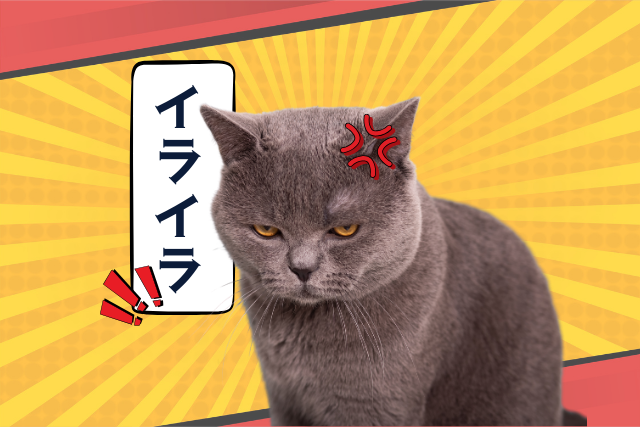Global Career Guide


- Jobs in Japan @ Daijob.com
- Global Career Guide
- Skill Up
- Onomatopoeia in Japanese – Business Japanese with Human Academy
Onomatopoeia in Japanese – Business Japanese with Human Academy

There are perhaps more than a few people that know this, but Japanese is a funny old language…
Why? Just by reusing the same basic words you can express a wide range of concepts.
Every country has their fair share of odd expressions. Japan has giongo/gitaigo, similar to onomatopoeia and mimetic words.
It is said that Japan has between 4500 to 5000 onomatopoeic words. I’m not sure about other languages, but it wouldn’t surprise me if Japan were one of the highest in the world.
An example of Japanese onomatopoeia follows. Perhaps most working people are familiar with the process of becoming stressed, getting a headache and ending up in the hospital. So what are you supposed to tell the doctor in Japan?
Doctor: どうしましたか?
Patient: ああ、先生、昨日から頭が痛いんですよ。
Doctor: どのように痛いですか?
Patient: 頭○○○○するんです。

Filling in the marus is entirely dependent on how the patient feels. Let’s take a look at the options below:
ズキズキ = My head has a throbbing pain.
ズキンズキン = My head has a strong throbbing pain.
ガンガン = It feels like a loud noise is going off inside my head.
しくしく = My head doesn’t hurt so much, but the pain is constant.
きりきり = My head has a sharp needle like pain.
ジンジン = My head feels numb.

Another context in which onomatopoeia seem to feature heavily in Japan is the sound of rain falling.
Person A: ただいま!
Person B: おかえり!あれ、濡れてるね。雨が降ってるの?
Person A: うん。○○○○ふってるよ。
Let’s take a look at what could be inserted here.
ぱらぱら = It’s a light shower.
しとしと = There are many tiny raindrops forming a mist.
ぽつぽつ = It’s raining a little.
ざあざあ = It’s raining heavily.
So how was that? By adding a few new expressions to your language you have the ability to be incredibly descriptive.
When I was a schoolboy, my teacher also taught me some interesting expressions to describe the way we laugh.
ははは = Laughing with an open mouth.
ひひひ = Laughing so no one can hear when acting mischievously.
ふふふ = Laughing vibrantly when happy
へへへ = Laughing in embarrassment
ほほほ = Laughing by placing your hand in front of your mouth (usually done by an elegant woman)
Interesting, right?
Recently, more and more onomatopoeic expressions have been used in manga and so the number is only going to grow.By becoming more versatile with your use of onomatopoeia in Japanese, your conversations can be even more amusing!
Article Writer

Tomonobu Tanaka
Human Academy Japanese Language School – Chief Manager
http://www.daijob.com/link/go/humanacademy_profile
After graduating, Mr.Tanaka taught Japanese in a number of countries in the ASEAN region including Malaysia and Brunei.
He then taught at a Japanese school for foreign students in Japan for 10 years before making a transition to school management.
As the role of Japanese language teaching changes, Mr.Tanaka focuses on Japanese teaching methods that fit the needs of students today.

Discover Your Next Role in Japan. Access more than 10,000 jobs for free!


